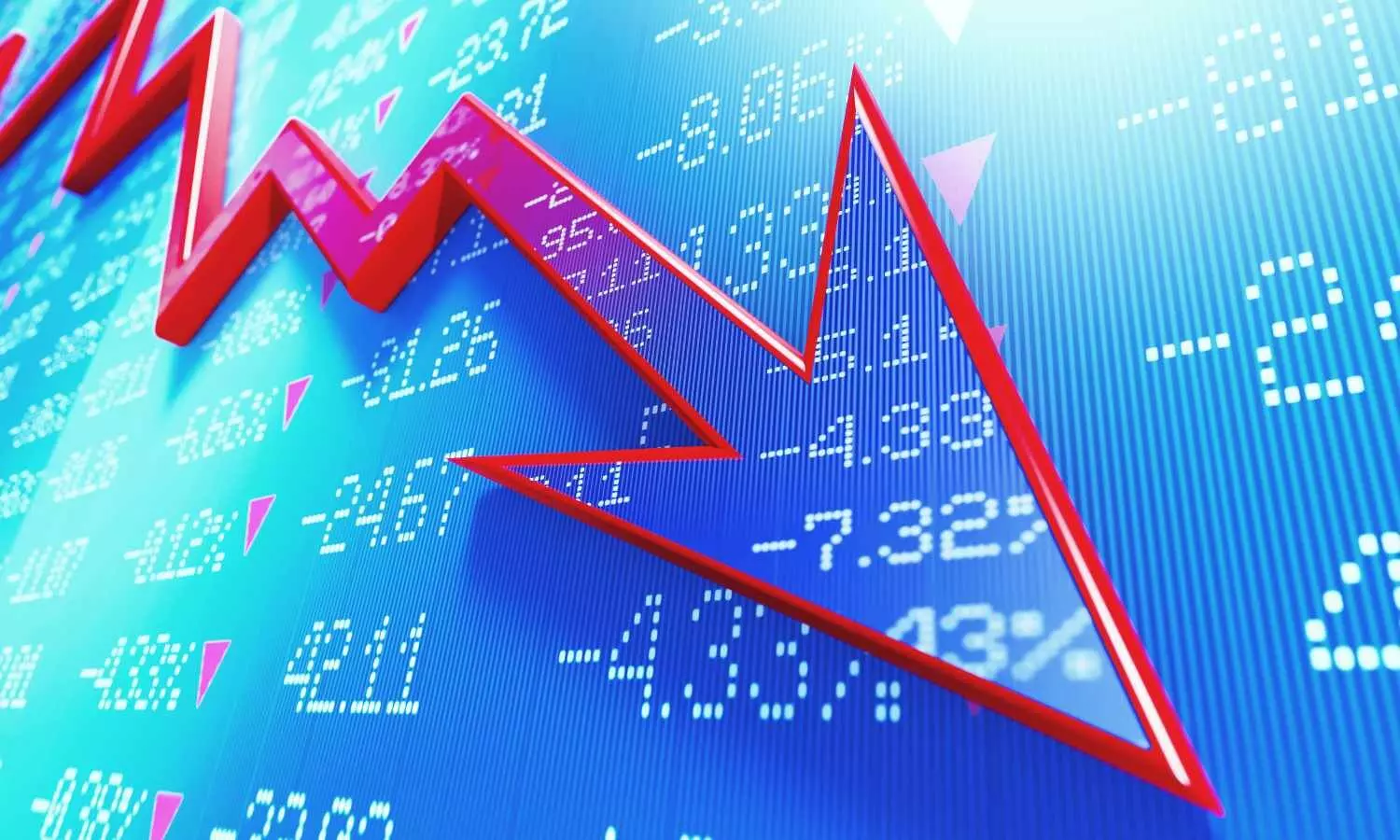Is India Ready to Tackle Aftershocks of US-Led Tariffs? All You Need to Know
US President Donald Trump’s steep tariffs have rattled the global equity markets. There are also growing concerns among economists that the US might slide into a recession.
Is India Ready to Tackle Aftershocks of US-Led Tariffs? All You Need to Know

US President Donald Trump’s steep tariffs have rattled the global equity markets. There are also growing concerns among economists that the US might slide into a recession.
The US levied a 26% tariff on Indian imports, while China's and Vietnam's were much higher. Though these negotiations could be partially rolled back via negotiations, Wall Street fears the impact is significant enough to tip the economies into a downturn.
Wall Street Fears
Goldman Sachs increased its 12-month recession probability from 35% to 45%, while JP Morgan projects a recession as high as 60%. HSBC, Deutsche Bank, and BofA are a few other brokerages, which warned of a recession in the US economy.
Consequences of recession in the US
Since the beginning of this century, the US has witnessed three recessions. In 2001, (dot-com burst), the US economy plunged by 0.6%, followed by a massive 4.3% decline in 2008 (global financial crisis), and then 3.4% in Covid year 2020. These events did not only cause a dent on the equity markets, but also disrupted the global trade and capital flows.
As per experts, though India’s economy is mostly domestic-focussed with solid macro fundamentals (a projected growth of 6% in FY26), but it is still prone to external shocks.
Can India handle a recession this time?
Analysts said Indian markets are showing impressive resilience despite recent headwinds. “With OECD projecting India as the fastest-growing major economy (6.4% in 2025), we're better equipped than most to handle global uncertainty,” said Atul Parakh, CEO of Bigul.
“While heightened global uncertainty may cause near-term corrections and market turbulence, India’s macroeconomic fundamentals remain solid. With resilient corporate earnings, steady domestic flows, and equity valuations below historical averages, the medium- to long-term outlook for Indian equities remains favourable,” said Sujan Hajra, Chief Economist & Executive Director, Anand Rathi Group.
What should investors do?
Investors are advised to stay calm, avoid panic selling, continue SIPs, and consider buying quality stocks at discounted prices.
“Review portfolios and maintain diversification. Traders must prioritize capital preservation, stick to their trading plans, and avoid overtrading,” said Pranay Aggarwal - Director & CEO of Stoxkart.

